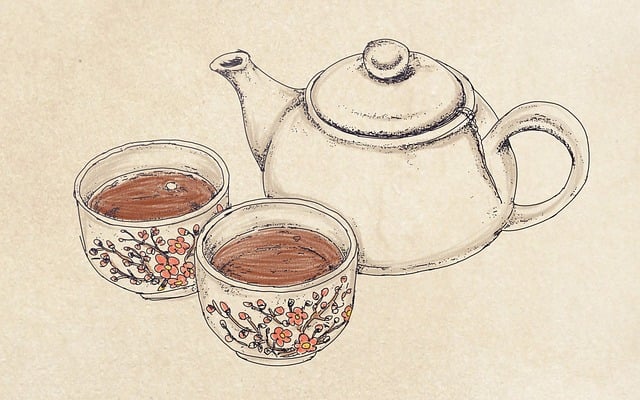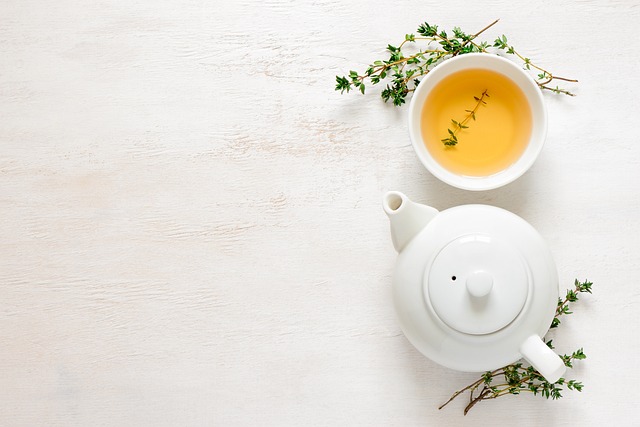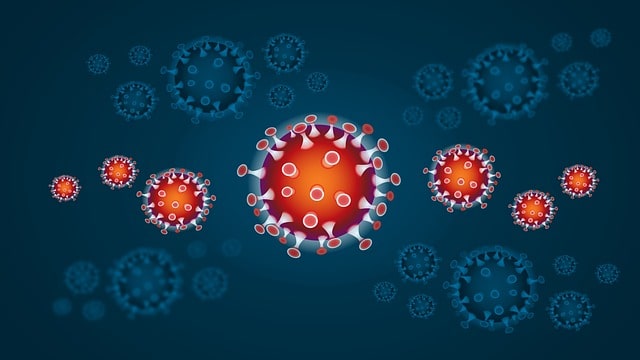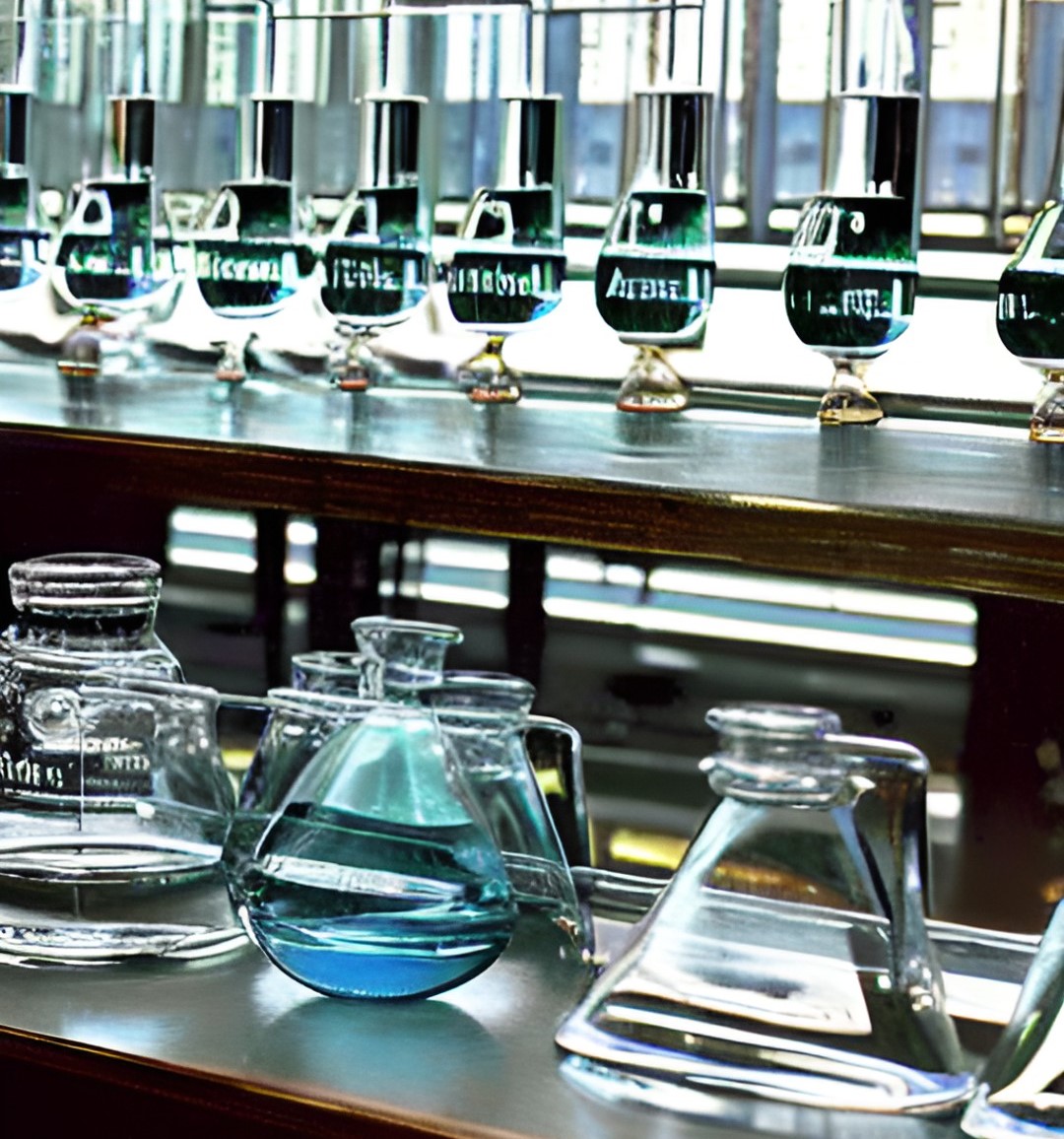
Tea vs. Coffee: Explore the Health Benefits and Potential Drawbacks
Tea and coffee are two of the world’s most popular beverages, enjoyed by millions of people every day. But when it comes to their health benefits, there’s often a lot of confusion and conflicting information. In this blog, we’ll take a closer look at the health effects of tea and coffee, exploring their potential benefits and drawbacks to help you make informed choices about your daily brew.
The Health Benefits of Tea

Let’s start by examining the health benefits of tea, which has been consumed for thousands of years for its medicinal properties. Here are some of the key reasons why tea might be good for your health:
Antioxidants
Tea is rich in antioxidants, which are compounds that help protect your body from oxidative stress and damage caused by free radicals. The specific type and amount of antioxidants in tea can vary depending on the variety and processing method, but all types of tea – including black, green, white, and oolong – contain beneficial polyphenols that have been linked to various health benefits.
Heart Health
Several studies have suggested that drinking tea regularly may help improve heart health and reduce the risk of cardiovascular diseases such as heart attack and stroke. The antioxidants found in tea may help lower LDL cholesterol levels, improve blood vessel function, and reduce inflammation, all of which contribute to better heart health.
Brain Function
Tea contains caffeine, albeit in smaller amounts than coffee, which can help improve alertness and concentration. Additionally, tea contains L-theanine, an amino acid that has been shown to have calming and mood-enhancing effects, leading to improved cognitive function and mental clarity.
[Suggested reading: Chocolate: A Love Story With a Twist – Why You Might Want to Rethink Your Habit]
Weight Management
Some research suggests that drinking tea, particularly green tea, may aid in weight management and promote fat loss. The combination of caffeine and antioxidants in tea may help boost metabolism, increase fat oxidation, and suppress appetite, making it a potentially valuable tool for those looking to shed pounds.
The Health Benefits of Coffee

Now, let’s turn our attention to coffee, another beloved beverage with its own set of potential health benefits. Here are some reasons why coffee might be good for you:
Antioxidants
Like tea, coffee is also rich in antioxidants, particularly chlorogenic acids, which have been linked to various health benefits, including protection against chronic diseases such as type 2 diabetes, Parkinson’s disease, and certain types of cancer.
Mental Alertness
Coffee is well-known for its stimulating effects, thanks to its high caffeine content. Caffeine acts as a central nervous system stimulant, helping to improve alertness, concentration, and cognitive function, making it a popular choice for many people to kick-start their day.
Physical Performance
Caffeine found in coffee has also been shown to enhance physical performance by increasing adrenaline levels, mobilizing fatty acids from fat tissues, and improving muscle contraction. This is why many athletes and fitness enthusiasts rely on coffee as a pre-workout drink to boost energy and endurance.
Liver Health
Recent research suggests that moderate coffee consumption may be associated with a lower risk of liver diseases, including liver cirrhosis, non-alcoholic fatty liver disease (NAFLD), and liver cancer. The exact mechanisms behind this protective effect are still being investigated, but it’s thought that the antioxidants and other bioactive compounds in coffee may play a role.
Potential Drawbacks of Tea and Coffee

While both tea and coffee offer a range of potential health benefits, it’s important to consider some potential drawbacks as well. Here are a few things to keep in mind:
Caffeine Sensitivity
Some individuals may be sensitive to caffeine and experience negative side effects such as jitteriness, anxiety, insomnia, and rapid heart rate when consuming tea or coffee, especially in large amounts or close to bedtime. It’s essential to listen to your body and adjust your caffeine intake accordingly.
Staining and Tooth Decay
Both tea and coffee have the potential to stain your teeth, especially if consumed regularly over time. Additionally, adding sugar or sweeteners to your tea or coffee can contribute to tooth decay and cavities, so it’s essential to practice good oral hygiene and limit sugary additives.
Digestive Issues
For some people, particularly those with sensitive stomachs or gastrointestinal conditions such as acid reflux or irritable bowel syndrome (IBS), drinking tea or coffee can exacerbate symptoms such as heartburn, indigestion, and diarrhoea. If you experience digestive issues after consuming tea or coffee, it may be best to avoid or limit your intake.
Additives and Processing
Many commercially available tea and coffee products contain additives such as sugar, artificial flavours, and preservatives, which can detract from their health benefits and contribute to negative health outcomes when consumed in excess. It’s essential to choose high-quality, organic teas and coffees whenever possible and avoid products with unnecessary additives.
[Also Read Is Packaged Food Making You Sick? How Processed Foods Harm Your Health]
Conclusion
In conclusion, both tea and coffee offer a range of potential health benefits, thanks to their rich antioxidant content and stimulating properties. From improved heart health and cognitive function to enhanced physical performance and liver protection, there are plenty of reasons to enjoy a cup of tea or coffee as part of a balanced diet.

However, it’s essential to consume tea and coffee in moderation and be mindful of any potential drawbacks, such as caffeine sensitivity, staining, and digestive issues. By choosing high-quality, minimally processed varieties and avoiding excessive additives and sweeteners, you can maximize the health benefits of your favourite brew while minimizing any potential risks.
So, whether you’re a tea lover, a coffee connoisseur, or someone who enjoys both, go ahead and savour your favourite beverage – just remember to do so in moderation and listen to your body’s cues.
Which is healthier, tea or coffee?
There’s no simple answer! Both tea and coffee offer unique health benefits depending on your individual needs and sensitivities. Consider factors like caffeine content, desired effects (alertness vs. calming), and potential drawbacks like digestive issues before choosing.
What are the best types of tea and coffee for health?
Opt for minimally processed, high-quality options. Green tea, white tea, and black tea offer different antioxidant profiles. For coffee, choose freshly brewed arabica beans and limit added sugars and flavours.
How much tea or coffee should I drink daily?
Moderate intake is key. Generally, 3-4 cups of tea or 2-3 cups of coffee are considered safe for most healthy adults. Adjust based on caffeine sensitivity and potential side effects.
Can I add milk or sugar to my tea or coffee without losing the health benefits?
Moderation is key again. Small amounts of milk or natural sweeteners like honey won’t significantly impact benefits. Be mindful of added sugars and processed creamers, which can negate health advantages.
Are there any health conditions where I should avoid tea or coffee?
If you have anxiety, insomnia, high blood pressure, or digestive issues, consult your doctor before consuming tea or coffee, especially in high amounts.
Can I replace sugary drinks with tea or coffee?
Yes, absolutely! Tea and coffee are healthier alternatives to sugary drinks. However, limit added sugars and sweeteners to maximize their health benefits.
Are herbal teas as healthy as traditional teas?
While herbal teas are naturally caffeine-free and offer some benefits, they generally contain fewer antioxidants compared to true teas like green, black, or white tea.
What are some healthy ways to enjoy tea or coffee?
Pair your tea with fruit slices for natural sweetness. Experiment with spices like cinnamon or ginger in your tea. Opt for black coffee or add a splash of unsweetened plant-based milk.
Where can I find more information about the health benefits of tea and coffee?
Credible sources include government websites like the USDA, academic databases like PubMed, and reputable health organizations like the American Heart Association.
I love both tea and coffee! Can I enjoy both in moderation?
Absolutely! Listen to your body and prioritize quality over quantity. Experiment and find what works best for your health and taste preferences.









